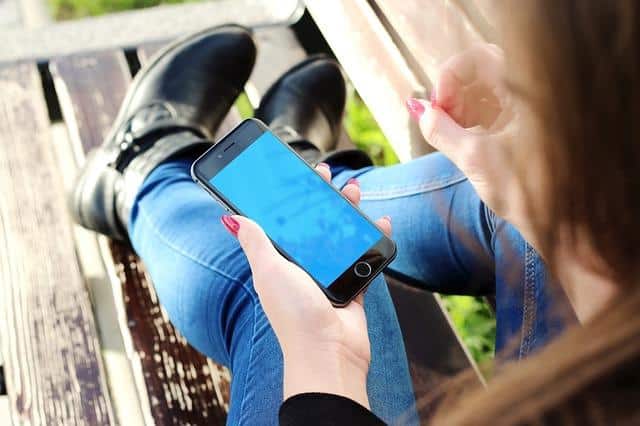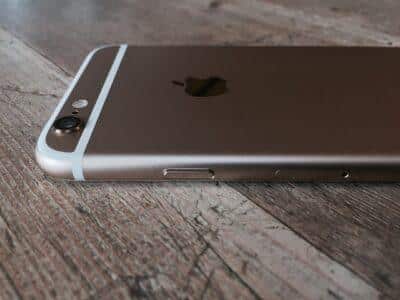For weeks, the FBI has wanted Apple to build a backdoor into the encryption on an iPhone for use in a criminal case, and on Wednesday Apple CEO Tim Cook released the company’s official answer: no.
The controversy involves a phone owned by one of the San Bernardino shooters who was killed during that December mass shooting. The FBI wants to search the phone for information on his background and had asked Apple to help it, and on Tuesday a judge sided with the FBI.
Cook penned an open letter that was posted online Wednesday, explaining the company’s position.
“We have great respect for the professionals at the FBI, and we believe their intentions are good,” Cook wrote. “Up to this point, we have done everything that is both within our power and within the law to help them. But now the U.S. government has asked us for something we simply do not have, and something we consider too dangerous to create. They have asked us to build a backdoor to the iPhone.
Learn How To Become Invisible In Today’s Surveillance State!;
“Specifically,” Cook continued, “the FBI wants us to make a new version of the iPhone operating system, circumventing several important security features, and install it on an iPhone recovered during the investigation. In the wrong hands, this software — which does not exist today — would have the potential to unlock any iPhone in someone’s physical possession.”
The FBI “may argue that its use” would be limited to “this case,” but “there is no way to guarantee such control,” Cook wrote.
Smartphones, Cook pointed out, contain everything about a person’s life: photos, music, notes, emails, financial information and even health data.
“In today’s digital world, the ‘key’ to an encrypted system is a piece of information that unlocks the data, and it is only as secure as the protections around it,” Cook wrote. “Once the information is known, or a way to bypass the code is revealed, the encryption can be defeated by anyone with that knowledge.
“The government suggests this tool could only be used once, on one phone. But that’s simply not true. Once created, the technique could be used over and over again, on any number of devices. In the physical world, it would be the equivalent of a master key, capable of opening hundreds of millions of locks — from restaurants and banks to stores and homes. No reasonable person would find that acceptable.”
The government is claiming that an old law, the All Writs Act of 1789, gives it the authority to make such demands of Apple.
“The implications of the government’s demands are chilling,” Cook wrote. “If the government can use the All Writs Act to make it easier to unlock your iPhone, it would have the power to reach into anyone’s device to capture their data,” Cook wrote. “The government could extend this breach of privacy and demand that Apple build surveillance software to intercept your messages, access your health records or financial data, track your location, or even access your phone’s microphone or camera without your knowledge.
“Opposing this order is not something we take lightly. We feel we must speak up in the face of what we see as an overreach by the U.S. government,” Cook concluded.
Which side do you support: Apple or the FBI? Share your thoughts in the section below:
You’re Being Watched: 7 Sneaky Ways The Government Is Tracking Your Every Move. Read More Here.
 Off The Grid News Better Ideas For Off The Grid Living
Off The Grid News Better Ideas For Off The Grid Living





